What's up: Zero discrimination and inclusivity through sport
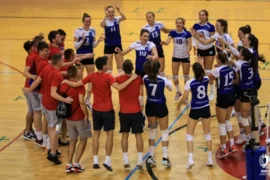
In this month’s What’s up student Column our EUSA Italian Civil Service volunteer Mr Giacomo Mori elaborates on the topic of Zero Discrimination and inclusivity through sport.
March 1st each year is designated as Zero Discrimination Day. This annual celebration stands as a significant reminder from the United Nations to embrace diversity and reject discrimination in all its forms, calling upon individuals, communities, and organizations worldwide to promote equality and inclusion.
When talking about fighting discrimination through the use of sport, various aspects come into play. We all know how sport embodies a powerful educational instrument in modern society, capable of instilling values that are essential for both individual and societal advancement. From the athletes’ perspective, engaging in sports represents a means for succeeding in life that is profoundly democratic in a way. Sport levels the playing field by guaranteeing equal starting conditions, thus offering every participant the same chance of achieving victory. The very nature of athletic competition eradicates disparities stemming from cultural, social or economic-based factors. It does not reflect or perpetuate existing hierarchies but instead creates a neutral arena where competitors can rightfully and fairly distinguish themselves based on merit alone.
With regards to the social value of sport, the most important teaching it transmits is that of educating about social coexistence. Thanks to sports practice, through the assimilation of fair play rules to be respected in competition with opponents, the mechanisms of social self-control spread, thus teaching respect for others for the construction of more supportive and inclusive social communities.
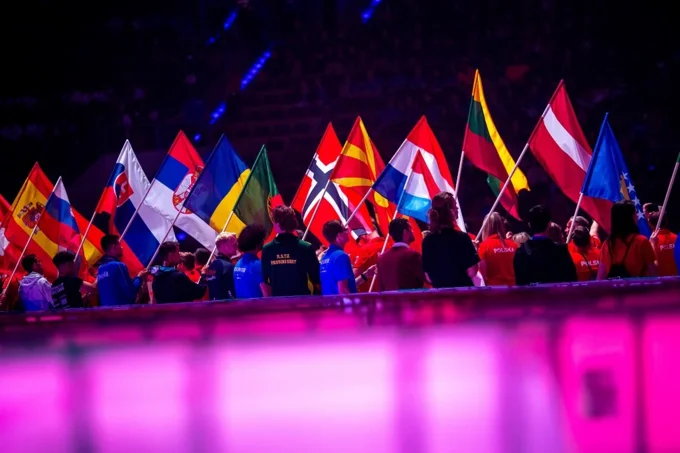
If I look back at my life experience related to sport, the social aspect of sport is precisely the one that has impacted the most on my personal development. As a youth basketball player throughout my childhood and adolescence, sport mediated many of my first steps into community life and formed a key part of my educational journey. During the years of my competitive sporting activity, I have been lucky enough to play in various teams and to meet and form deep friendships with many teammates from different social backgrounds. What I learned most from that youthful life experience was being able to connect with people who were totally different from me, just by the very fact of playing on the same parquet, with the same ball and for the sake of the same final victory. This is a social mechanism typical of team sports, which is very close to camaraderie; in such a context, individual differences are canceled out in the strength of the group, when a social bunch of individuals with different tastes, personalities and cultures work together to achieve a common objective on which everyone's personal satisfaction depends.

In this sense, sports have the unparalleled power to unite people from different social backgrounds, fostering a sense of togetherness and shared achievement that is embodied in the very definition of “sporting community”. The essence of sportsmanship as it is known nowadays transcends racial, gender, and socioeconomic boundaries, embodying the ideal of equality that underpins the building of a more just and fair community of individuals. However, in today’s world, discrimination in all its forms (based on race, gender, sexual orientation, disability, nationality and religion) still remains a major scourge that requires constant efforts to eradicate it, and the sports environment itself is not immune to the prejudices and biases that plague broader society.
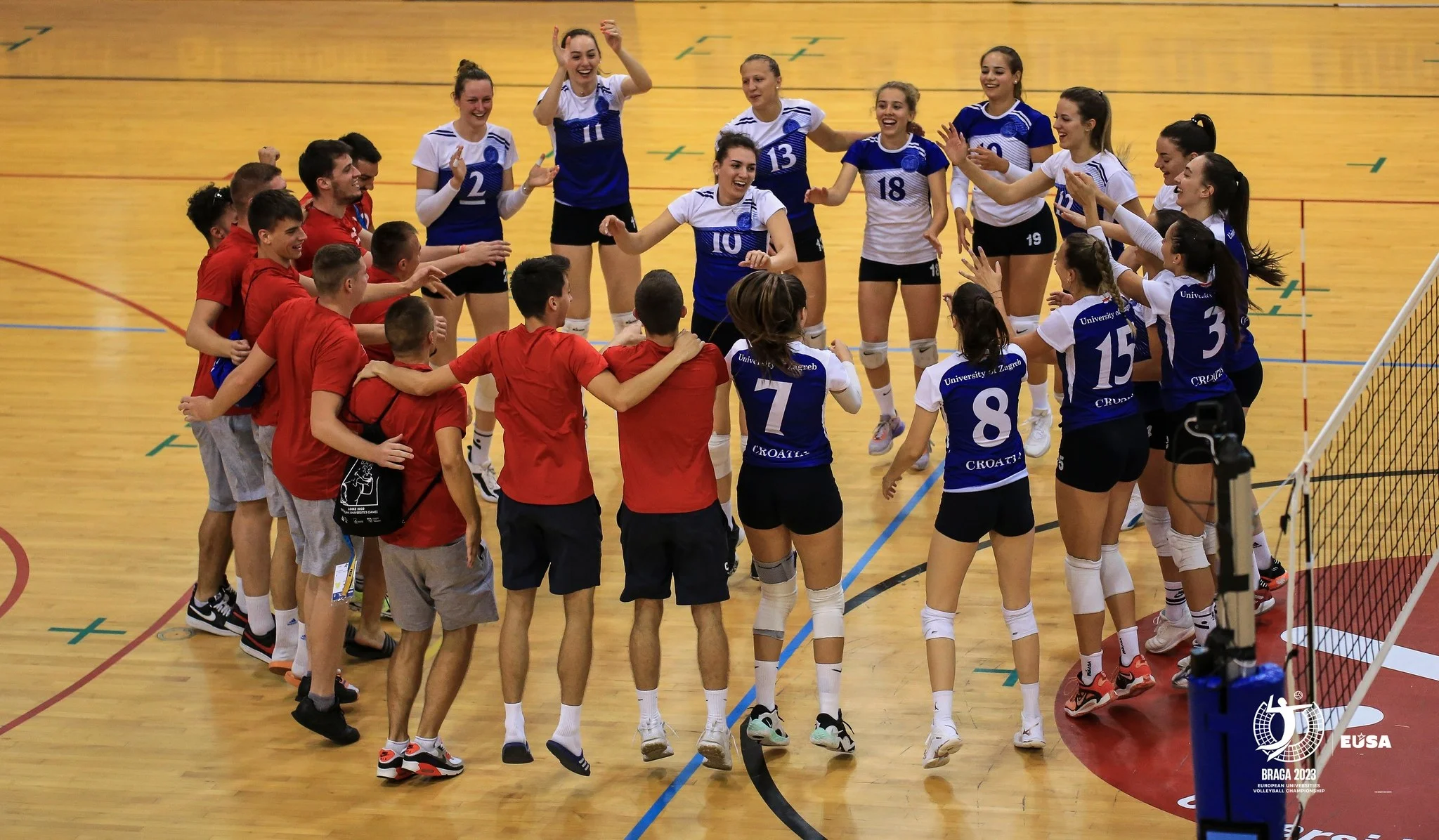
Nonetheless, if we look at the more recent history of the global sports movement, there are many practical examples of progress in the fight against discrimination that we can look up to. One of the most remarkable is the achievement of gender equality in pay at major tennis tournaments. The longstanding fight for gender pay equity in all Grand Slam tournaments, championed by several tennis legends, culminated in 2007, when the Wimbledon Championships awarded equal prize money to male and female competitors for the first time, being the last to do so. This milestone set a precedent for other sports to follow. The exponential growth in recent decades of the Paralympic movement is another major example of how sports can be a powerful platform for promoting social inclusion, providing disabled athletes with a global stage to showcase their talents and challenging social perceptions about disability.
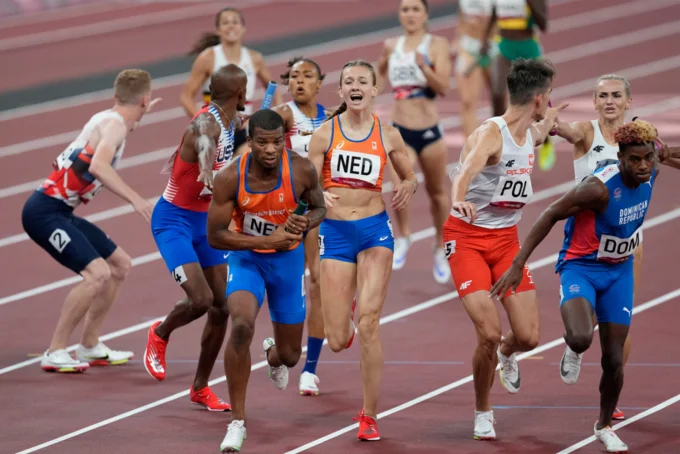
Global sport institutions have also launched various initiatives and campaigns over the years to combat discrimination and promote inclusivity. One of the most famous examples of this type is FIFA's "Say No to Racism" campaign, which launched in 2006 and has since become a staple at major global football tournaments. The campaign has had a significant impact on the football community worldwide, raising awareness and sparking conversations about racism in sport. It has been recognized by various organizations and has inspired similar initiatives in leagues and sports federations around the world. Its success lies in FIFA's ability to support the campaign with numerous side activities, such as educational programs run with member associations and clubs targeting players, coaches, referees, and fans to educate them on the impact of racism and promoting respect and diversity. Furthermore, the campaign is backed by a strong regulatory framework that allows FIFA to take disciplinary actions against individuals, teams, or associations that engage in racist behavior.
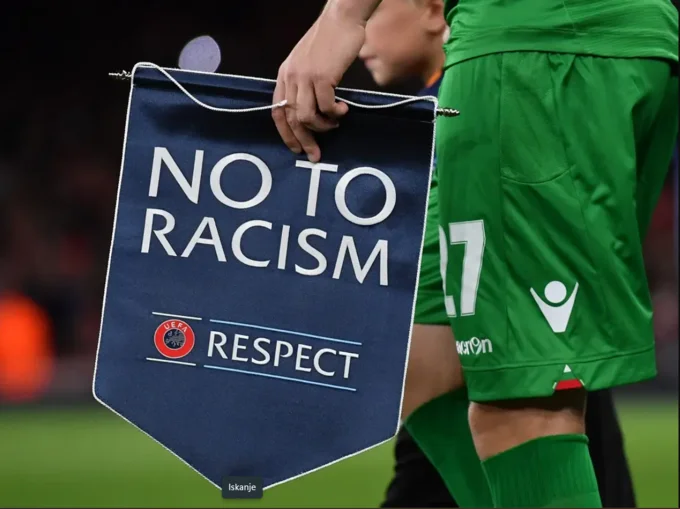
The International Olympic Committee (IOC) has also launched various initiatives aligned with these principles. The IOC has set strategic gender equality & inclusion goals for the time period between 2021-2024. The Olympic Games Tokyo in 2020 were the first ever gender-balanced Olympics in history and the future plan is to continue this outstanding achievement. Keys objectives include a renewed focus on accelerating progress across the entire Olympic Movement and the implementation of the Olympic Agenda 2020+5.
The next Paris 2024 Olympic Games are also taking significant steps to address and combat discrimination, with a focus on promoting inclusivity and equality across various fronts. The very slogan of Paris 2024, "Games wide open," already embodies a clear commitment to organizing Games that are accessible and open to everyone, reflecting the overarching goal to promote inclusivity, accessibility, and the celebration of diversity and unity through sport. Furthermore, Paris 2024 will be the first-ever Games to achieve full gender parity among athletes, featuring an exact equal number of female and male athletes in the competition, totaling 10,500 participants, with 5,250 of each gender. A strong support for the LGBTI+ Community will be ensured as well. A major initiative in this field will be the establishment of the Pride House at Parc de la Villette, situated in close proximity to several competition venues, that will serve as a symbol of solidarity and support for the LGBTI+ community.
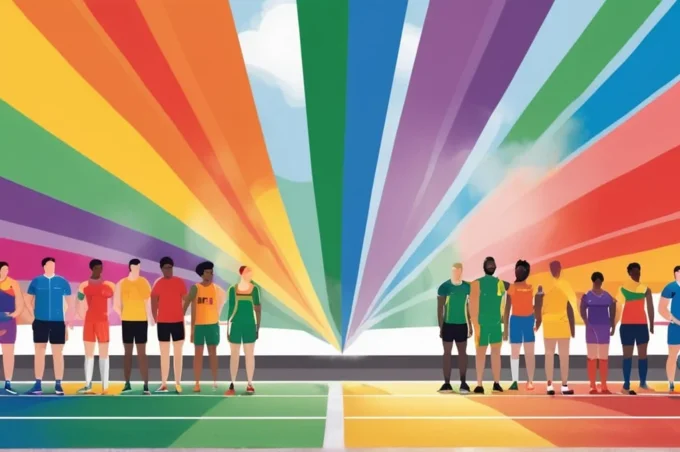
The Paris 2024 Paralympic Games will embrace an inclusive and accessible approach as well, through several key initiatives and features that highlight this commitment. For the first time in the history of the Paralympic Games the official Opening Ceremony will be held outside of a traditional stadium setting. The ceremony will take place at the iconic Place de la Concorde, symbolizing the Organizing Committee's broader ambition to integrate the Paralympic Games into the heart of society, and place the issue of disability inclusion at the center of societal concerns.
Despite all these examples of progress, discrimination persists in sports. Several studies that focus on the topic repeatedly report how LGBTQ+ individuals continue to witness or experience discrimination in sports. Furthermore, gender disparities also persist, with women significantly underrepresented in leadership roles within sports organizations. Additionally, racial discrimination remains a critical issue, and racial minorities continue to face significant disparities in coaching and executive positions in major sports leagues.
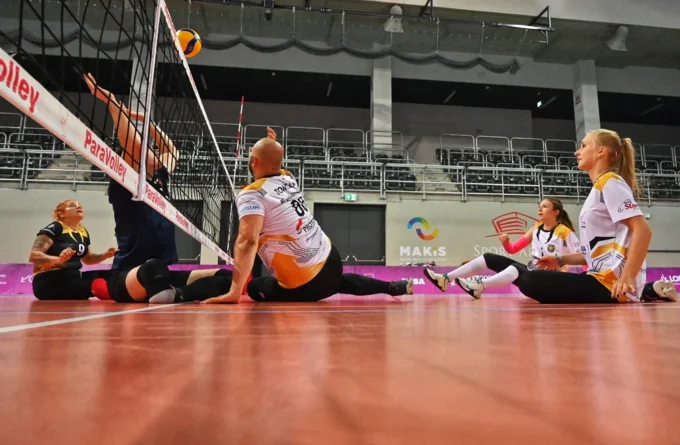
In conclusion, the Zero Discrimination Day serves as a crucial reminder of the ongoing battle against discrimination in all fields of society. While there have been significant strides towards inclusivity and equality, the data clearly shows that there is still much work to be done, and sport can act as a powerful tool for promoting anti-discriminatory social behavior. Sports organizations, teams, and individuals must continue to champion the principles of zero discrimination, ensuring that the world of sports truly reflects the diversity and potential of humanity. Through collective action and persistent advocacy, the dream of a fully inclusive and equitable sporting world can become a reality.
The author of this article, Giacomo Mori, has an academic background in political science and international relations. He is currently a volunteer at the European University Sports Association as part of the Italian Universal Civil Service Program.

Are you a student with an opinion? We are looking for new contributors for our student column every month. Feel free to contact stc@eusa.eu to offer a piece or propose a topic.
